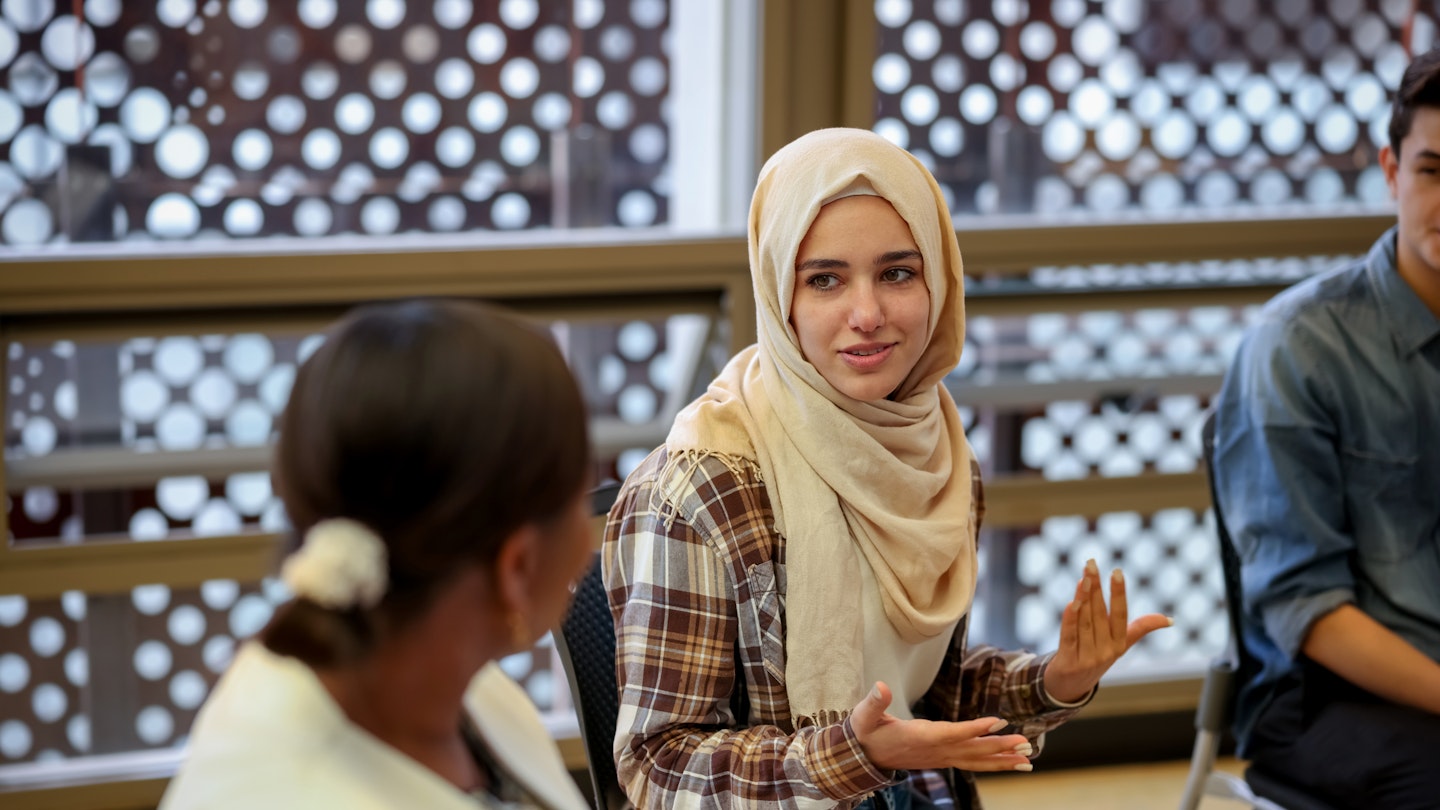As many of us will attest, making the decision to leave everything you know and love behind to forge your own path to adulthood – under the pretense of ‘studying’ – at university is one of the biggest plunges you can take. Whether it was months or years ago, most of us can remember the uncertainty of teetering on the precipice of the rest of our lives, the dauting task of repopulating your friendship circles with strangers and being away from home for the first time.
Some freshers thrive under the pressure while others struggle to adjust, but the truth is even if you’ve joined the societies, propped up the student union and aced your first term assignments to boot it’s a time of rampant insecurity – and with the recent disruptions to studies due to Covid restrictions and the current cost of living crisis, students’ mental health is more vulnerable than ever.
When it comes to deaths by suicide, there are already measures in place, like the University Mental Health Charter and Universities UK’s suicide safer universities guidelines, but a new report urges individual Uni boards to take their responsibilities more seriously after the coroner’s report into the death of a neurodivergent University of East Anglia student, Theo Brennan-Hulme, in 2019.
Specifically, the trust has been criticized for not reaching out to the student's ‘trusted contact’ – an existing policy whereby students provide the contact deals of a loved one to be contacted if the University has serious concerns about their mental health and wellbeing.
‘Theo's death was a tragedy and I'm sorry for his family's loss. We know that the support given to Theo could and should have been better,’ said Dr Dan Dalton, a chief medical officer at the Norfolk and Suffolk NHS Foundation Trust.
‘Our internal investigation highlighted missed opportunities to help Theo. Changes have already been made to prevent this happening again, including improving communication with families and carers, improving the confidence of staff in assessing autistic people and regularly reviewing the accessibility of our crisis services.
‘We will review the coroner's report to prevent future deaths and will make any further changes that are needed.’
Universities provide easy access to mental health care that simply doesn’t exist once you’ve left pastoral care (as those of us who’ve tried will attest). In Theo’s case, he’d reached out to mental health services at his Uni and been referred to a GP – but their ‘trusted contact’ policy wasn't used. Nobody can say whether it might have saved Theo’s life but the independent investigation argued that all avenues should have been taken.
But the fact remains that University is a precarious time for unlearning the habits of childhood and becoming independent, and for those who facilitate it. I’ve often said that Uni is ‘grown up school’ – where you learn to pay bills, wash clothes and generally conduct your life without the help of parents or guardians. Not that asking for help is inherently a childish pursuit, of course, but most people will claim those three years were when we first really strived to get by without their parents' involvement. But Theo had given the Uni permission to contact parents in times of crisis.
Dr Dalton continued, ‘The people who were supposed to care and impact positively on his ability to get well, failed to see the true picture of Theo's emergency health requirements, they then failed to treat or manage his care, they denied him the treatment that would have helped save his life. did not recognise or respond to his Asperger's diagnosis, they did not recognise that he was away from home, they did not connect him to his family for the love and support available to him.’
Following the coroners report UUK has reiterated its guidelines to reach out to individual students’ trusted contacts, even in cases where permission has not explicitly been given. Guidelines for preventative care include ‘being clear about who counts as a contact,’ ‘telling students how their contact information will be used’ and ‘building questions about trusted contacts into the enrolment process’. In cases where consent hasn’t or cannot be given, Universities should consider ‘developing a policy on sharing information in an emergency,’ ‘sharing information internally to build a full picture’ and ‘mitigating any risks associated with sharing information.’
University of East Anglia has also announced an extra £250,000 investment into student support services.
